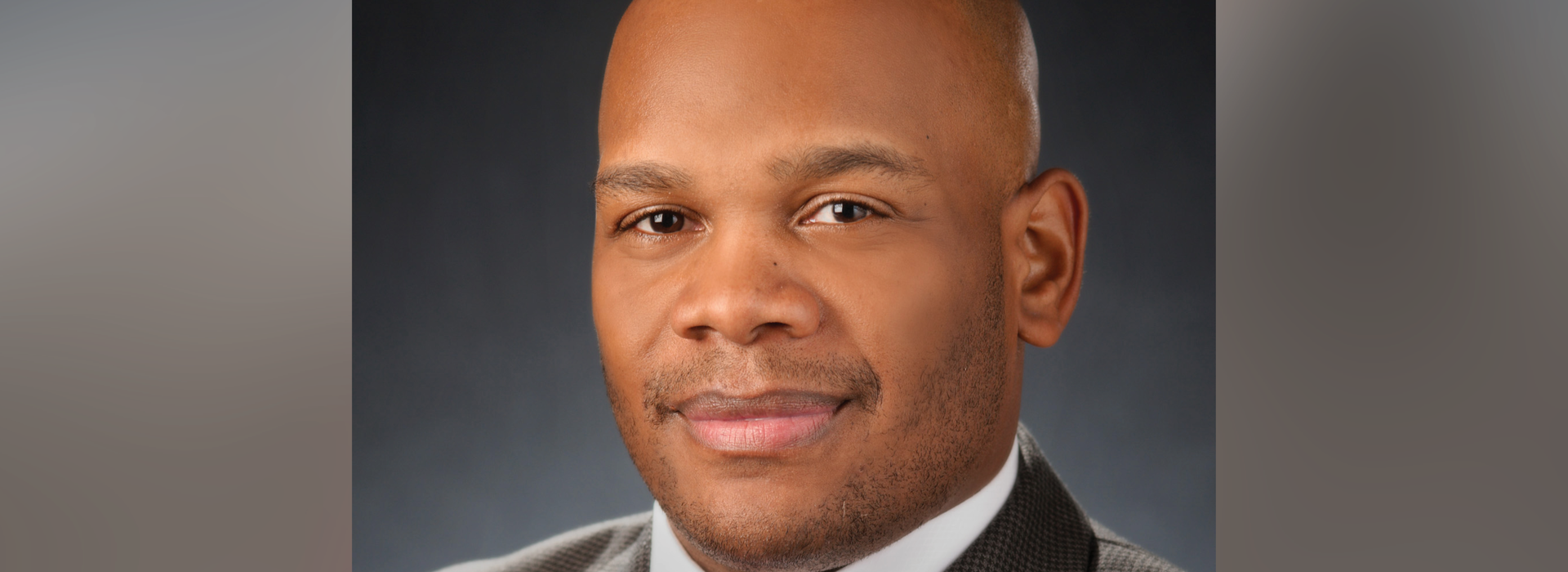
Dr. Mike Underwood ’09 Reflects on How His PhD Training Changed Trajectory of His Career
It’s been several years since Mike Underwood ’09, PhD, graduated from the PhD program in the University of Minnesota Medical School’s Department of Pharmacology and then moved to begin his professional career. Today, he is Chief of the School-based Surveillance Branch in the Division of Adolescent and School Health at the Centers for Disease Control and Prevention in Atlanta.
Originally from Atlanta, Dr. Underwood remembers how, after leaving to study in Minnesota, he never imagined living in the south again. But ultimately, Dr. Underwood’s ardent passion for public health, discovered through his U of M doctoral studies, ultimately drew him back home.
“Public health is social justice,” he said. “I want to ensure everyone has access to the scientific advancements that improve our health. That includes promoting health equity and preventing negative outcomes.”
As Surveillance Branch Chief, Dr. Underwood applies this perspective while leading a group of scientists and practitioners to gather public health information on school-age youth across the nation. This includes behavior and policy data on vaping, obesity, sexual health, substance abuse and disparities among vulnerable populations. “Our goal is to improve how we use public health data to make better decisions,” he said.
His commitment to health equity and training for a “bench-bedside-community perspective” are cornerstones of Dr. Underwood’s philosophy when delivering, administering and interpreting public health information as a representative of the country’s leading public health agency.
At first glance, pharmacology and public health may not appear to have much in common. But, even though it may seem like Dr. Underwood isn't using the more traditional aspects of his doctorate, he will tell you that he is “forever grateful” for the time spent studying in the Department of Pharmacology as it taught him to innovate, gave him indispensable relationships and introduced him to the public health profession.
Dr. Underwood, who first came to the Medical School with plans to seek a post-graduate position in the pharmaceutical industry, fondly recalls the public health elective that altered the trajectory of his career. “At first it was cool,” he said. “A change from the day-to-day.”
The elective course, taken during Dr. Underwood’s third year in the PhD program and at the precipice of a destructive Indian Ocean earthquake and tsunami, featured a public health evaluation project. “And, just like that, I knew what I wanted to do for the rest of my life,” he said.
This class and its impact on Dr. Underwood could be one of the reasons that he continues to call Minnesota his “second home.” The friends, professors and allies who he continues to keep in touch with could be another. While Dr. Underwood first moved to Minnesota only looking to earn his doctorate, he left the state with so much more than he expected.
Now, Dr. Underwood’s legacy at the U of M lives on through the Association of Multicultural Scientists (AMS). This vital student organization was started by Dr. Underwood and his colleagues, Drs. Josephine Martin and Cydne Perry, during their graduate school tenure at the Medical School. AMS is still active today and working towards “the support, retention and recruitment of historically underrepresented students in the applied science disciplines.”
For those just embarking on their academic journeys, Dr. Underwood shares this suggestion. “We all come into our undergraduate and graduate training with an idea of what we want to do with our lives—who we want to be, where we want to go—and that might change. Try not to force yourself in a space where you're not comfortable,” he said. ”Try to find the thing that you're interested in. You're going to be a lot better at it. You're going to enjoy it more, and you'll have much more of an impact.”